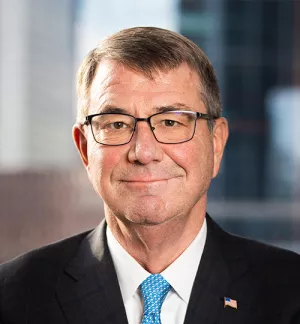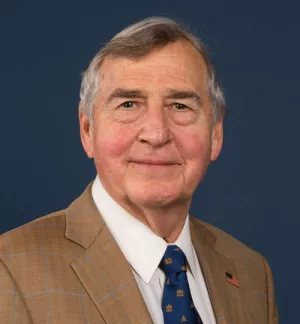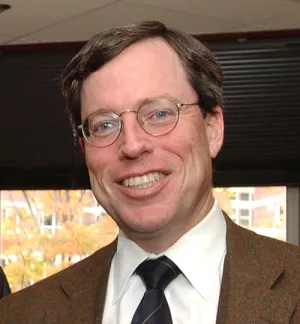Preface
"CSIA's research on cooperative denuclearization began during the August 1991 putsch against Mikhail Gorbachev. To those of us familiar with nuclear weapons, their construction, and command and control, and with the looming revolution about to sweep the then–Soviet Union, it was plain that a new and unprecedented danger to international security was emerging. An appropriate policy response to this new form of nuclear threat could not be fashioned from traditional Cold War tools of deterrence, arms control, and military preparedness alone. Safety could only be sought through new policies emphasizing cooperative engagement with the new states, new leaders, and military and industrial heirs of the former Soviet Union...."
This book is not currently available electronically.
“Cooperative Denuclearization: From Pledges to Deeds.” Edited by Carter, Ash, Graham Allison, Steven E. Miller and Philip D. Zelikow. Belfer Center for Science and International Affairs, Harvard Kennedy School, January 1993











